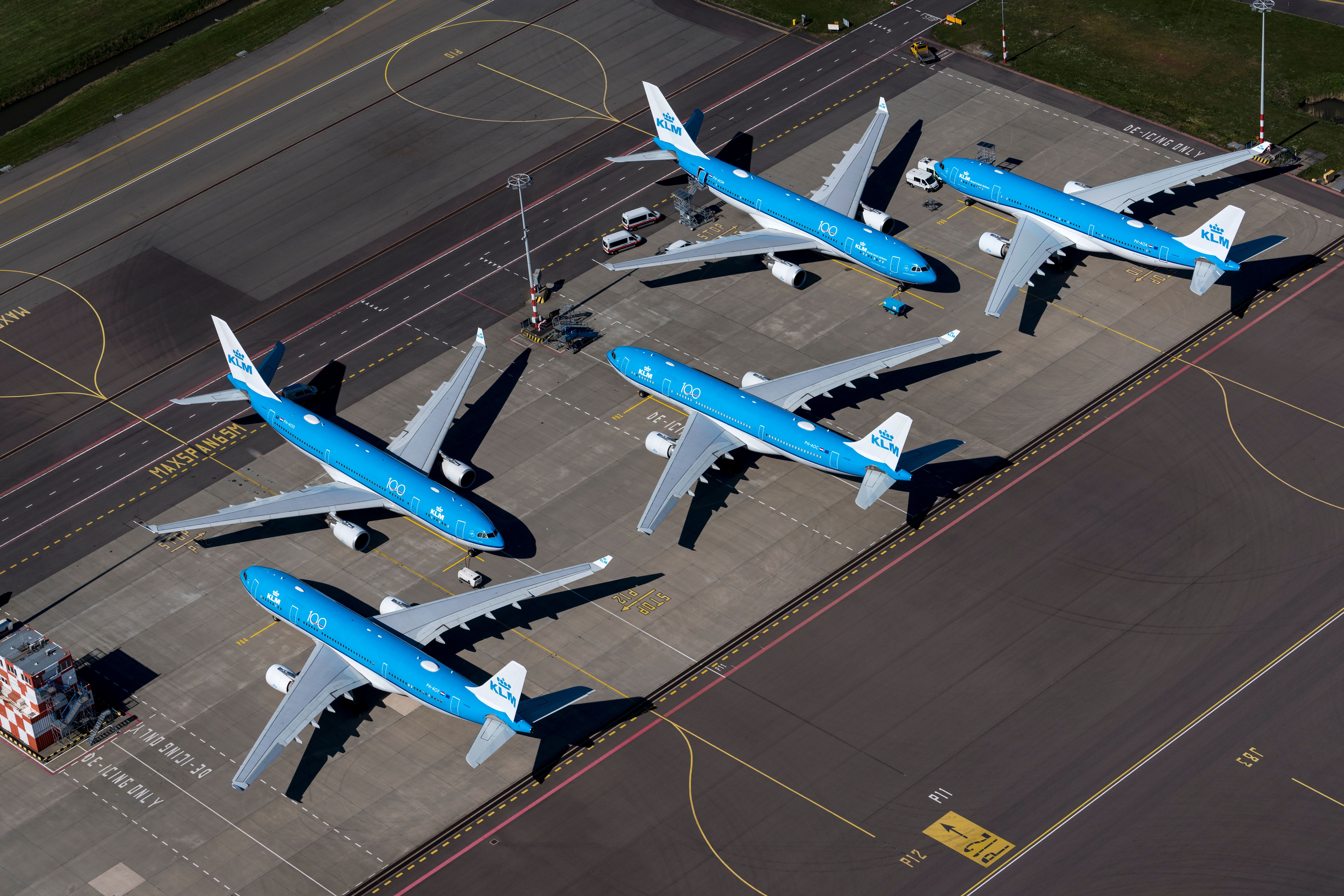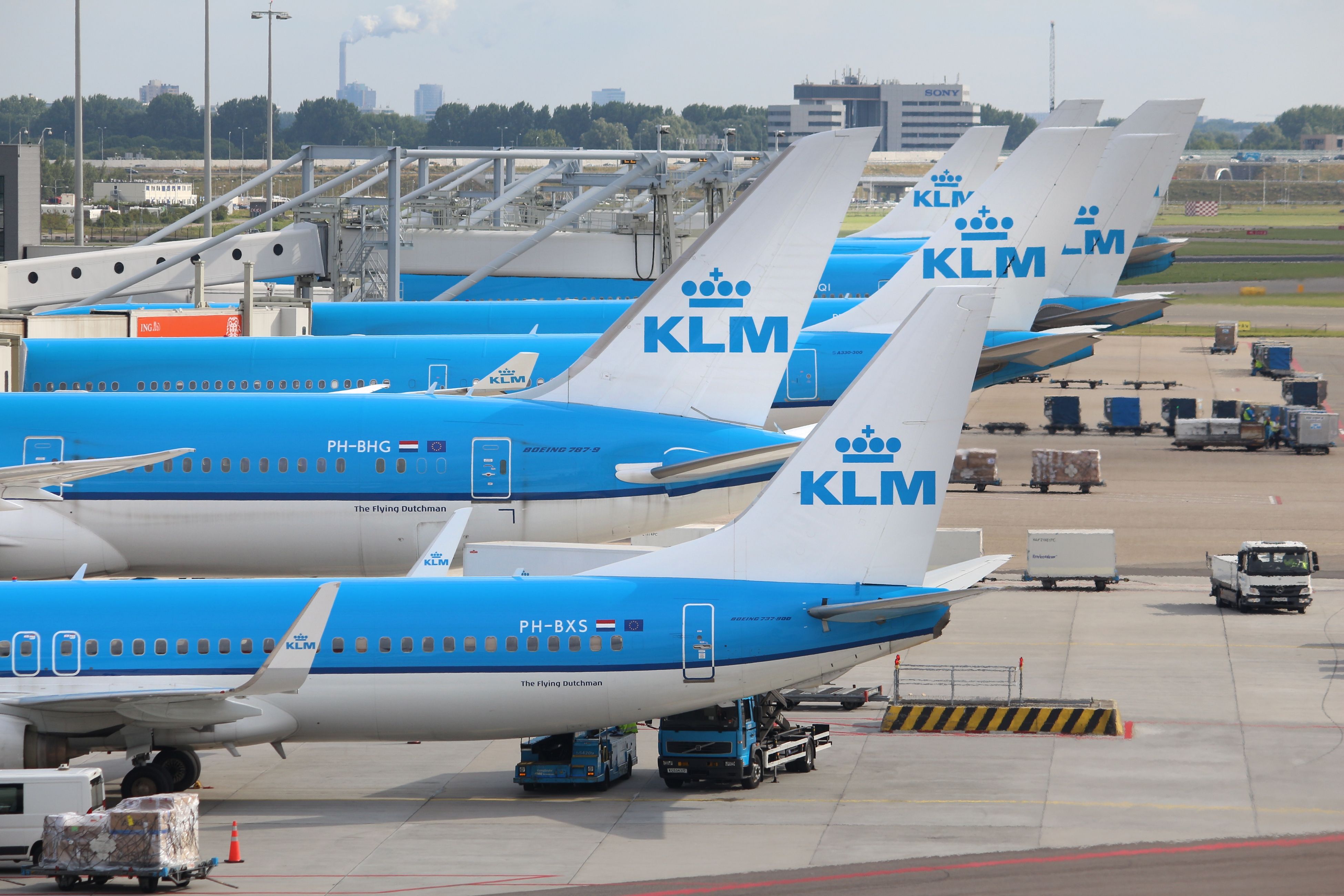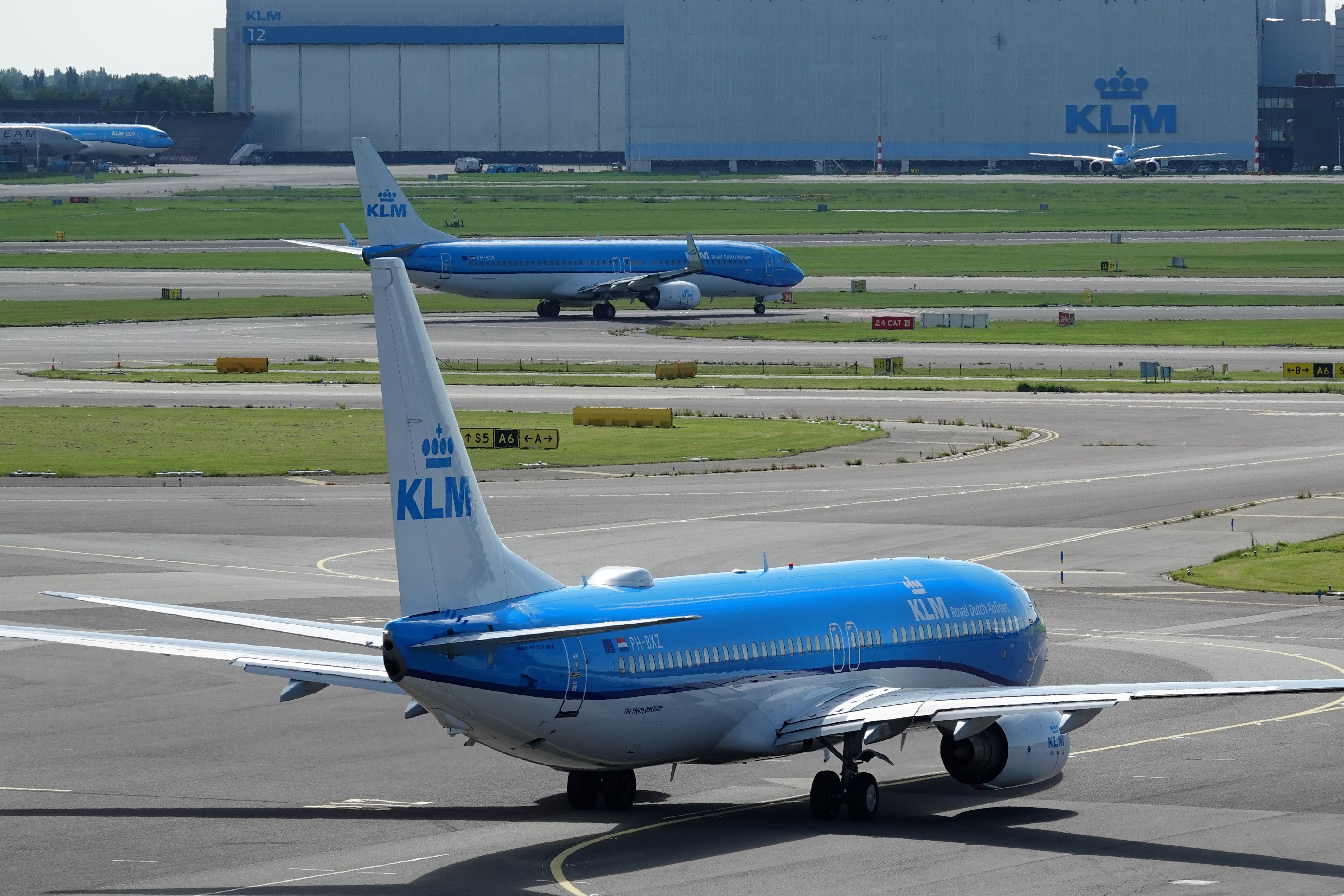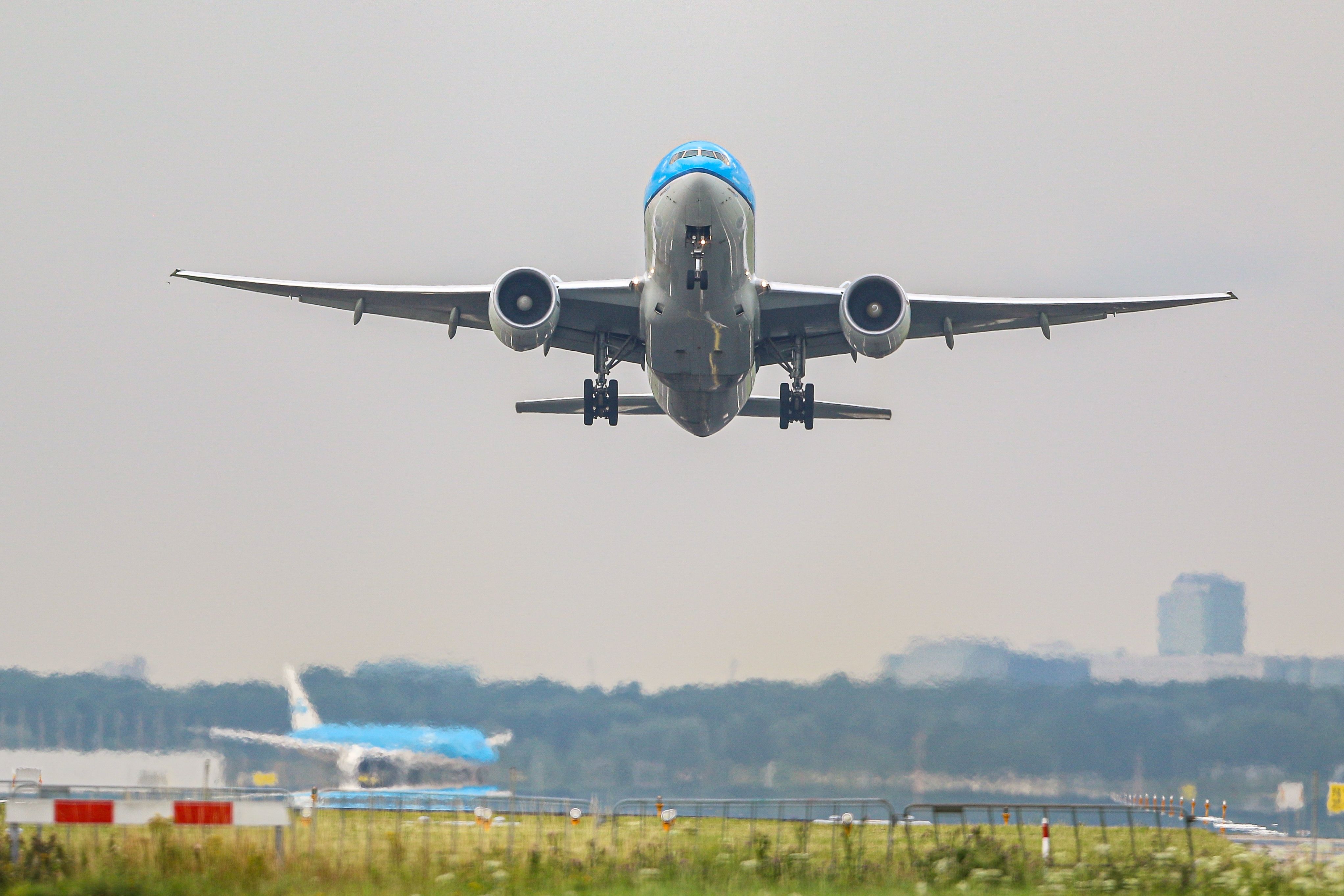Summary
- The Dutch government plans to prevent the loudest planes from operating at Schiphol Airport during the night hours.
- The aim is to reduce noise pollution and improve the quality of life by restricting night flights.
- Schiphol Airport is set to reduce night flights by 5,000 by 2025 and remove loud aircraft like the Boeing 747-400 from the skies between 11 PM and 7 AM.
On May 24th, 2024, the Dutch government indicated that it would like fewer night flights to operate out of Amsterdam Schiphol Airport (AMS) over concerns that these services contribute to heavy noise pollution. The country’s Minister for Infrastructure, Mark Harbers, believes the solution begins with banning some of the loudest aircraft from flying in and out of Schiphol during the evening hours.
The latest initiative, raised in a letter sent by Minister Herbers to the Dutch parliament last Friday, will aim to heavily restrict traffic at one of Europe’s biggest transportation hubs. By heavily reducing the number of night flights, Harbers believes that the initiative will significantly reduce noise pollution during the time of day when loud noises are the most detrimental to quality of life.
Photo: Tupungato | Shutterstock
Other forces within the Dutch government have also favored significantly reducing the nation’s number of nighttime flights, with a local court order in March ordering them to do that. According to Harbers, this lower number of flights will remove many of the loudest aircraft, such as the Boeing 747-400, from the skies during the most problematic times of the night.
Regulation specifications
Dutch aerospace regulators know that even though more flights may depart from Schiphol during the day, the night flights pose a significantly larger sound pollution threat. Cargo airlines typically operate these services due to their extensive one-day shipping networks, prompting nighttime flights to their major hubs.
However, the fact that these flights carry cargo is not particularly problematic in and of itself. Rather, the nature of these fleets plays a key role in generating noise pollution. Cargo carriers typically operate older generation widebodies built as dedicated freighters alongside some converted versions, which are almost always louder than modern equivalents.
Photo: Wieland Teixeira | Shutterstock
Demonstrating its understanding of the situation, the government decided on Saturday to reduce the number of operating night flights from 32,000 to 27,000 by the end of 2025. According to Reuters, the authorities even went one step further, fully banning the Boeing 747-400 from its airspace between 11 PM and 7 AM.

Related
Schiphol Night Closure: Could Amsterdam See Airlines Leaving The Airport Under New Rules?
Transavia has said it could leave Amsterdam altogether if a night ban is introduced.
But the government’s plans for a new, quieter Schiphol are nothing new. The organization attempted to enforce similar operational restrictions in 2019, reducing the airport’s operations by about 10%. The airport has also heavily raised the prices of operating noisy aircraft at the facility, hoping to incentivize operators to invest in quiet next-generation aircraft. Reports have also indicated that regulators are considering a complete nighttime closure of Schiphol that could take effect as soon as November 2026.
Straightforward adjustments with extensive benefits
In the past six months, flag carrier Royal Dutch Airlines (KLM) has tried to reschedule all of its flights out of Schiphol between midnight and 6 AM. To achieve this, the carrier only had to shift the timetables of four flights to Lagos, Accra, Ghana, and Paramaribo.
Photo: JHcreative | Shutterstock
This simple gesture helped reduce noise pollution in the immediate area, not just because a handful of flights no longer operated during the middle of the night, but also because fewer cars were on the roads and fewer people were heading to the airport around that time. However, the challenges of eliminating all nighttime flights, which include rescheduling many cargo flights, could prove difficult to overcome.




